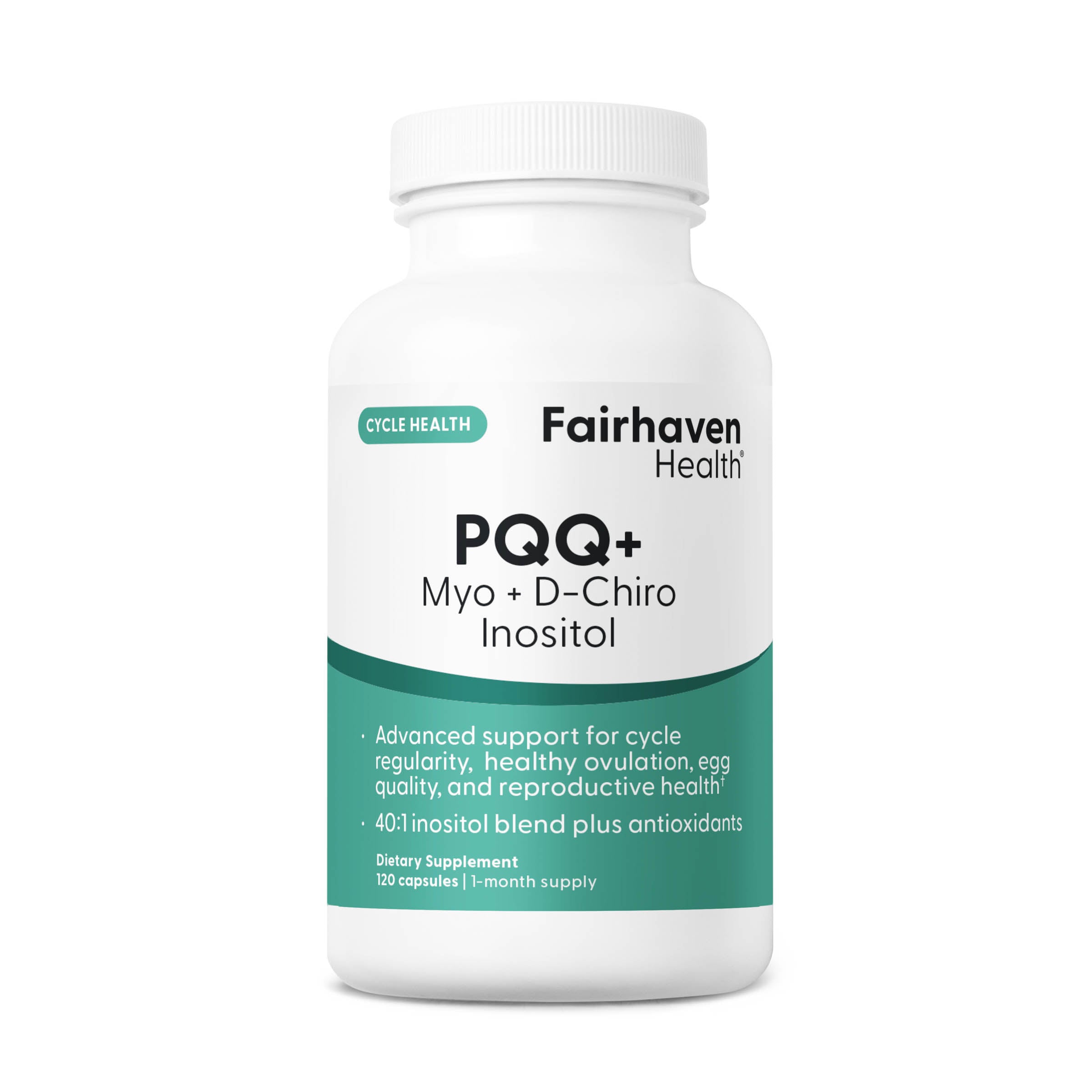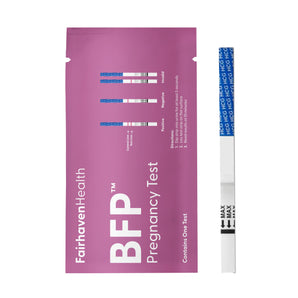Early Pregnancy Tests: How Soon Can I Test for Pregnancy?
HCG pregnancy tests determine pregnancy through the detection of the hormone hCG (Human Chorionic Gonadotropin) in a woman's urine. In technical terms, hCG is a glycoprotein hormone secreted by the developing placenta shortly after a fertilized egg has implanted in the uterine lining.
Clinically speaking, HCG is measured in thousandths of International Units, or mIU. Pregnancy tests with a sensitivity of 20 mIU/ml are more sensitive than tests with 50 to 100 mIU/ml. Test brands will display how sensitive their tests are using mIU as the standard unit of measure. Test sensitivity equates with early-detection - and the lower the number, the sooner a test can detect pregnancy. The most sensitive pregnancy tests can detect hCG levels at as low as 20 mIU - or at around 8 days following implantation of the egg.
How Soon Can I Test?
If a woman is pregnant, the amount of hCG in her system should be around 25 mIU at 10 dpo (days past ovulation), 50 mIU at 12 dpo, 100 mIU at around two weeks dpo. Blood tests can determine pregnancy as low as between 5 to 10 mIU/hCG, though with levels of 5 mIU, a conclusive determination cannot be made without risking a "false positive" (as low levels hCG can be present in the body without pregnancy).
Drugstore pregnancy tests generally detect pregnancy at 50 mIU - 100 mIU hCG, though you can find early-detection pregnancy tests on the Internet with sensitivity levels as low as 20 mIU. With all diagnostic products, take care to follow the instructions. Please consult the chart below for a comparison of pregnancy tests:
|
20 mIUs hCG |
|
|
E.P.T. |
40 mIUs hCG |
|
Clearblue Easy |
50 mIUs hCG |
|
Store Brand: Rite-Aid |
50 mIUs hCG |
|
First Response |
100 mIUs hCG |
|
Answer |
100 mIUs hCG |
|
Store Brand: Equate/WalMart |
100 mIUs hCG |
|
QTest |
100 mIUs hCG |
|
Store Brand: Walgreens |
100 mIUs hCG |
|
Precise |
100 mIUs hCG |
For earliest detection of pregnancy, use first morning urine, as this sample contains the most concentrated amount of hCG. If using first morning urine is not possible, avoiding urination for several hours before using a pregnancy test. Frequent urination - or a diluted sample - can decrease the amount of hCG in your urine, interfering with early-detection.
What does a faint line on a pregnancy test mean?
On a pregnancy test, a faint test line - or color band - is usually indicative of a positive result, as long as it's read within the allotted time frame - or reaction time of the test (usually at 5-10 minutes). If you do the pregnancy test properly and read it within the recommended time, then a faint and weak line is very likely a positive pregnancy test. Explanations for a faint positive line include:
- You may be testing too early after conception - the hCG in your body may not be at a sufficient level for test detection. hCG doubles every two days, so wait and test again using first morning urine.
- Different test sensitivity. As tests detect hCG at different levels, a faint line on one variety of test may appear as a stronger line on a 20 mIU test.
- Urine dilution. Your urine may be diluted due to frequent urination or consumption of liquids. First morning urine is recommended for pregnancy testing as it contains the most concentrated presence of hCG.
- Chemical pregnancy. Sometimes, an early pregnancy is detected - followed by negative test results. A chemical pregnancy means implantation takes place followed by a miscarriage - usually before any other pregnancy symptoms are detected.







